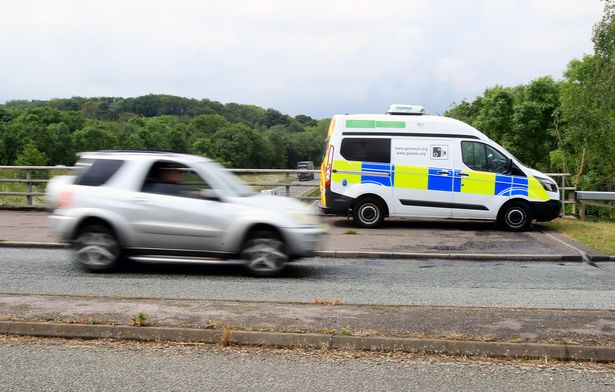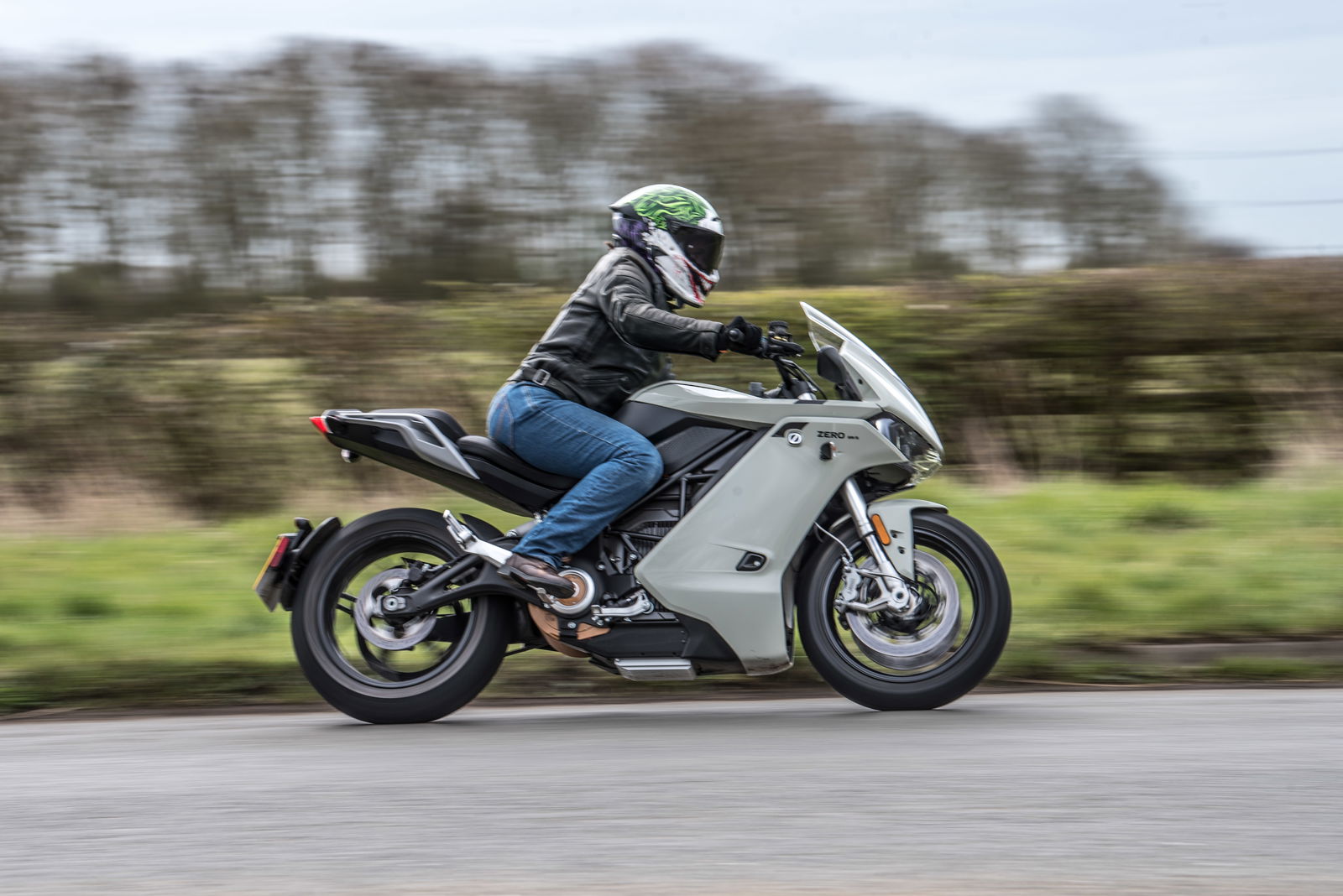£1,000 fines for social media users publicising mobile speed camera locations
Road users in North Wales are being warned of receiving fines if they warn others of mobile speed cameras on social media.

IN North Wales, road users are being warned that by warning others of mobile speed cameras they risk being fined up to £1,000.
North Wales Live reports that posting on social media about the location of mobile speed cameras can be viewed as a criminal offence in the same way as flashing lights to warn other road users of the speed trap.

It was also reported by North Wales Live that last week a motorist in Gwynedd was told by other social media users to take down a post which was alerting others to the location of a mobile speed camera.
The penalty for posting on social media about the location of mobile speed cameras is applicable via section 89 of the 1997 Police Act. This refers to the wilful obstruction of police officers in their duty, rather than the safety of road users and pedestrians.
Since speed cameras are, theoretically, solely purposed in keeping roads safe by controlling the speed of road users, it seems odd that the police would be fining people for alerting people to those safety measures.
“Publicising the locations of speed traps hampers the good work that staff and officers do to reduce speeding motorists, which is one of the “Fatal Five” offences,” a North Wales Police spokesperson said. “Motorists could be prosecuted if they are caught warning other drivers on the road for any speed trap.”
But, surely, if people are more aware of the location of a mobile speed camera, they are more likely to slow down for it, and therefore drive or ride in a safer way? And, in doing so, surely the people publicising the location of these mobile cameras are actually assisting the police in their “good work”?
On the other hand, it could be possible to argue that the data collected from these mobile speed cameras are beneficial when linked with other data from similar roads which allow police and road safety organisations to better understand which specific roads, and more generally which types of roads, are more and less dangerous, and on which drivers are more or less likely to speed.
Lead image courtest of Lee J Haywood, licensed under CC BY-SA 2.0. In-text image courtesy of North Wales Live/Ian Cooper.







